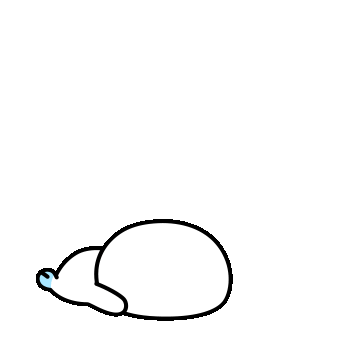[TKM's Science Dream Interview] Prologue 02
[TKM's Science Dream Interview ] Prologue 01
When you think of the word 'SCIENCE,' what springs to your mind? Feel free to draw from your schooling or everyday experiences; there's no need to strive for a flawless response. I'm not a science expert by any means, so I don’t know exactly what it is t
tkmstudy.tistory.com
During that period, it's likely that many nobles, who primarily fulfilled the lower four sub-types of needs,
may have been drawn to engage in scientific research to satisfy their need for 'self-actualization', such as understanding 'who I am' and 'where we come from'.

I believe that this curiosity is similarly present in individuals who engage in art.
In the book 『Nobel Life』, R. Hoffmann, who won the 1981 Nobel Prize in Chemistry, stated,
"Science and art share the essence of creation, and both began with a desire to understand our world."

Eventually, Science and art share a common root.
Aristotle, an Ancient Greek philosopher, also viewed science and art as intertwined concepts, referring to them collectively as 'Techne'.
However, in 2023, does the image of the artist and scientist seem distant from one another?
For instance, it's hard to imagine BTS, the renowned artist group in Korea, conducting scientific research in a laboratory.

Similarly, it's difficult to envision a well-known physicist like Sangwook Kim striking a pose at the end of a performance like a K-pop idol.
Of course, I deeply admire the professor's ability to articulate physics through literature.
However, in the 21st century, science and art may indeed seem distant from each other.

In the book 『Seeing, Listening, and Teaching Contemporary Thought』, written by Professor Yong-wook Park,
the author says that the distinction between technology and art is portrayed as a product of human history and an artificial construct.
Additionally, he suggests that in modern times, science and technology have transformed into ‘gesteen’, tools for pragmatic purposes,
diverging from the realm of art, which embodies the concept of 'alētheia(de-encapsulation activity)’.

Aren’t you curious about why science diverged from art and evolved into a practical pursuit?
I believe this separation may be attributed to liberal democracy and capitalism, the prevailing systems in our society.
Consequently, scientific research is no longer the domain of nobles' hobbies.

Science, once regarded as the pursuit of nobles, transitioned into a means of financial gain during the 19th century.
This transition gave rise to a distinct group known as scientists.
In order to secure economic support for their research,
scientists were required to demonstrate the practical applicability of scientific knowledge to both government and industrial sectors.

During times of war, they received readily available support, particularly for military purposes.
However, once the war ended, they faced the challenge of proving and persuading that scientific knowledge could be valuable on its own.
In other words, they had to persuade that both scientific knowledge and technology were beneficial for the development of our society.

Most importantly, developed countries such as the United States have achieved significant economic success and gained formidable national power through advancements in science and technology.
We now live in the era of 'Pax Technica,' where science and technology permeate our daily lives and serve as indicators of national strength and influence.
Continued in the next post 'epliogue 3'
Portfolio : Science Communicator TKM | Notion
He is a Korean university student learning bioinformatics and aspires to contribute to the development of science and technology for humankind.
sparkling-dibble-7ff.notion.site
과학 is 일상 : 네이버 블로그
과학기술정책가를 꿈꾸는 생물정보학도이자 과학기술계와 일반 대중을 연결하는 과학커뮤니케이터 TKM입니다! PC로 보면 좋습니다~ 공지 글로 과학꿈터뷰 전자책을 무료 공유하고 있습니다! 문
blog.naver.com